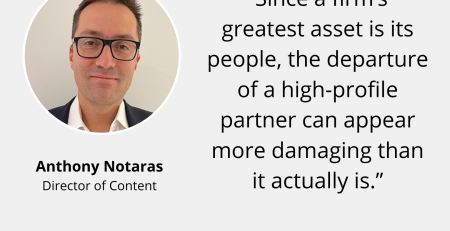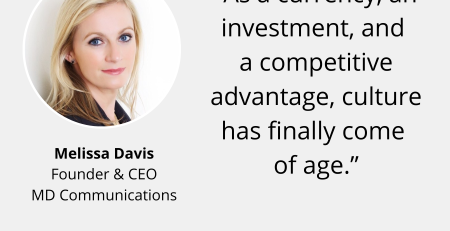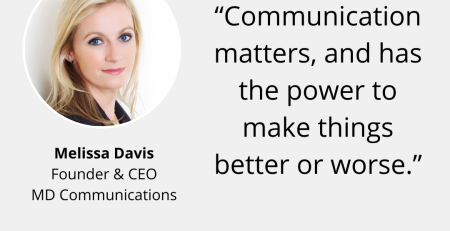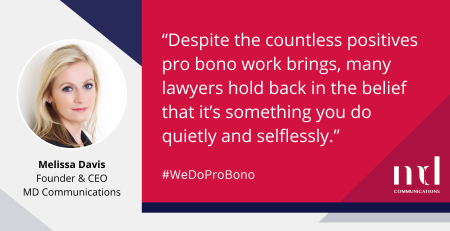Our CEO, Melissa Davis, looks at the part corporate social responsibility plays in a company’s communications and the importance of authenticity and commitment to make it part of your brand identity and company culture.
Let us say you are very ethical. As you walk down the high street, values leak out your trouser leg, like newly-dug earth on to the exercise yard in The Great Escape. You move it around with your foot to make it blend with the material around. Something really good is planned.
You did good.
But, with clients telling you that it matters to them how ‘good’ you are, can you take credit for such virtue? Does telling the world, or at least them about it, change the virtue?
These are issues that corporations and the law firms they instruct have grappled with. I’m not sure anyone has the definitive answer, but I do have a few thoughts.
You have to mean it
A lack of authenticity is always risky – it is also harder to achieve than authenticity. So why bother? It helps if there is a link between your firm and a cause. It might be a charity or cause that affects a staff member or partner’s personal life, or something a client draws your attention too. Either way, allowing your people to help ‘choose’ is a good way to get buy-in – especially important if it is a client’s idea, rather than the concern of a staff member, to ensure colleagues are keen to help.
Another good idea is to consider the needs of the community your work is based in. Many City firms have realised the Square Mile is close to areas of deprivation, where there are good projects that need supporting.
Stick with it
It is important to show commitment over time. That also means you can’t go looking for an immediate ‘return on investment’. If you change a supported charity every 12 months, to spread the benefit of your support around, make that clear.
If all you are doing is fundraising, a 12 monthly rotation is fine. If you are helping in other ways – through pro bono advice or volunteering – remember that it takes charities’ valuable time to educate new partner organisations, and it is a while before they feel a benefit from your efforts. If you hope to get the association known, that also takes a while.
Plan for outcomes
What will your help achieve? The input of your effort may make you and your team feel good – but look at it from the point of view of a good cause. What matters to them is the results of your labours.
Knowing a difference has been made is also important for sustaining support for what you are doing.
Involve your people
It may be that the core of your support is pro bono work, but for those not advising, and there may be things they can do as well. Marketing may assist with raising awareness of fundraising campaigns, events may need support on the day. This will work best when there is a way to involve more people.
Spread the word
If you use social media, blog posts and other content to promote your firm, make it part of your strategy to use it to help your chosen good cause amplify its efforts. Look at what they are doing and share their content on your own channels.
Get those involved to write a short blog about the charity and any of its events you are supporting, why it is important, and what the charity does, including a link for donations. This can be placed on the firm’s website and shared through your social media channels, to extend the reach and secure further fundraising. This will help your audience create associations between the firm and that charity, which is good for your brand profile.
GCs at big companies increasingly say they want the firms they instruct to live their values. But even if your clients are not Fortune 500, your relationship with them will be stronger if you are doing – and meaning – things that are a good match for their values.












